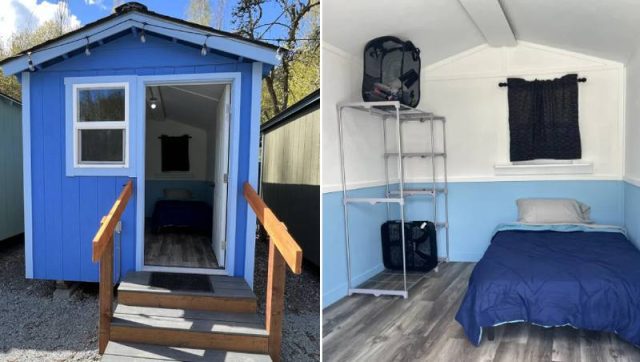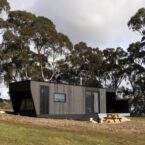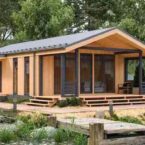The Low Income Housing Institute (LIHI) has recently presented its Tiny House Village program conclusions to the city council of Seattle.
The project aims to provide sustainable housing for vulnerable groups, and the NGO first piloted it in Seattle in 2015. Since its launch, the project offered housing for 2,516 people, all hosted in the Tiny House Village.
Besides the main hub in Seattle, another additional 466 are located in 11 villages outside of the city, which declares the project a real success. Tiny houses also proved to be efficient in battling COVID, as they offer a remote place for quarantine and are a safe model to be implemented during a pandemic. LIHI also conducted research and discovered that tiny houses usually facilitate a smoother transition to permanent housing, as they offer a sense of stability and balance in the life of those in need.
The report published by them shows that 56% of the people living in the Tiny House Village found permanent homes after this experience.
“Permanent housing can take 3-4 years to develop. We are in a homelessness crisis now. Tiny houses are humane, short term, and a rapid response to immediate need.”
Low Income Housing Institute
Report to Public Assets & Homelessness Committee



















